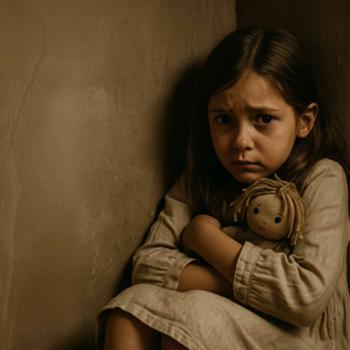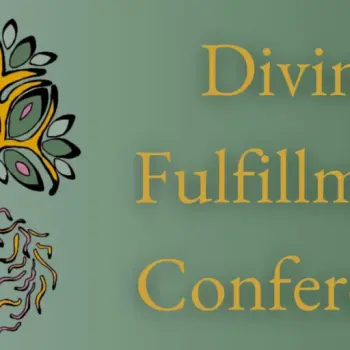But the world is changing around us. Those of us who speak in pulpits are having to rethink our relationship with the audiences we address. Most people today shrug their shoulders at those who claim to be authorities in religious matters. (For many of us, scripture continues to be an authority, but the way in which it's an authority has changed massively over the last 30 years. More on that topic the next time I write.) Theology today means what some number of us find plausible about our faith or are convinced of. Our leaders are people like Brian McLaren or Tony Jones or Spencer Burke -- people who say things that ring true to us, so that we say, "Yeah, I think that guy's got some important insights. I'm going to read his blog or find a way to talk with him, and I'm going to recommend to my friends that they do the same."
- Theology after Google is not centralized and localized. Likewise, the church cannot be localized in a single building. We find church wherever we find Jesus-followers that we link up with who are doing cool things. This point is huge. Denominational officials and many pastors have not even begun to conceive and wrestle with what it means to work for a church without a clear geographical location.
- The new Christian leader is a host, not an authority who dispenses true teaching, wise words, and the sole path to salvation. I first really got the host idea in a conversation with Spencer, and it has turned my understanding of Christian leadership upside down. Today, the leaders who influence our faith and action are those who convene (or moderate or enable) the conversations that change our life -- or the activities that transform our understanding of ourselves, our world, and our God. It could be an older Christian who convenes discussions at a church, a house, or a pub. It could be Shane Claiborne leading an activity at The Simple Way on Potter Street in Philadelphia, say a time of gardening in the communal garden that gives you a sense of community that you've rarely had but always longed for. It could be a website or a blogger that you frequently go to, where you read others' responses and add your own thoughts. Christian leadership is about enabling significant community around the name of Jesus, wherever two or more are gathered in His name.
- Theology after Google does not divide up the world between the "sacred" and the "secular," as past theologies so often did. All thought and experience bears on it, and all of one's life manifests it. Thus the distinction between one's "ministry" and one's "ordinary life" is bogus. All of one's life as a Christian is missional. The great 15th-century theologian and mystic Nicholas of Cusa imagined God as a circle whose radius is infinite and whose center is everywhere. It only takes a second to realize that Cusa's picture wreaks havoc on all geometries of "inside" and "outside."
Here's the picture: I find myself a follower of Jesus; that part seems to stick and to deepen the longer I live. I'm not sure exactly how I got here; it's almost like it happened to me. I call it grace. I find others around me who follow the same Teacher and who therefore struggle with many of the same questions and issues that I have. They help me understand myself and remain faithful to my Guide. I call them church.
But what exactly do I believe? What must I say, and what should I not say (and do)? This quest is more open-ended. It's filled with uncertainties and indecisions, and it's constantly evolving. That quest is theology. It's everything I think about and do. It's reading the New York Times headlines online each morning when I awake. It's the philosophy text that I teach in a classroom or the intriguing idea about Christology that I talk about with friends over a beer. It's our attempts to be involved in authentic forms of ministry and Christian community, and the questions we ask about whether those attempts are really faithful and how to make them better. It's that recurring question, "What should I do with my life?"
In the book that Tripp Fuller and I just published, Transforming Christian Theology, we argue that theology is about attempting to answer the Seven Core Christian Questions. These questions have impressive-sounding names: theology proper, anthropology, soteriology, Christology, pneumatology, ecclesiology, eschatology. But they are really just the simple, recurring questions that every Christian wonders about as he or she struggles to be a Jesus disciple: Who is God? What are human beings? How are we separated from God, and how can that separation be overcome? Who is Jesus Christ? What or Who is the Spirit? What is the church, and what should it be doing? And what is our hope for the final future of the cosmos and humanity?
These do not have to be high-falutin' debates sprinkled liberally with Greek and German technical terms. The most humble attempts to answer these questions, in word and action, are as authentically theology as are the rarified debates within the Ivy Tower -- indeed, they may be more authentic than what academic theologians do. Call it the Theology of the Widow's Mite.




